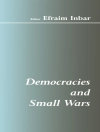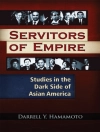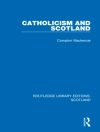Military Service Tribunals were formed following the introduction of conscription in January 1916, to consider applications for exemption from military service. Swiftly, they gained two opposing yet equally unflattering reputations. In the eyes of the military, they were soft, obstructionist ‘old duffers’. To most of the men who came before them, they were the unfeeling civilian arm of a remorseless grinding machine.
This work, utilising a rare surviving set of Tribunal records, challenges both perspectives. Wielding unprecedented power yet acutely sensitive to the contradictions inherent in their task, the Tribunals were obliged, often at a conveyer belt’s pace, to make decisions that often determined the fate of men. That some of these decisions were capricious or even wrong is indisputable; the sparse historiography of the Tribunals has too often focused upon the idiosyncratic example while ignoring the wider, impact of imprecise legislation, government hand-washing and short-term military exigencies.
Tabela de Conteúdo
1. Introduction
2. The Tribunal System: provenance, characteristics and timeline
3. The Matter of Conscience
4. Boot and Shoe
5. Agriculture
6. ‘In a way of Business’: Directing Heads, Sole Traders and the Professions
7. Rank, Deference and Empathy
8. Fitness to Serve
9. The Tribunals and the Volunteer Training Corps
10. Conclusion
Appendices
Bibliography
Index
Sobre o autor
James Mc Dermott is an independent scholar












